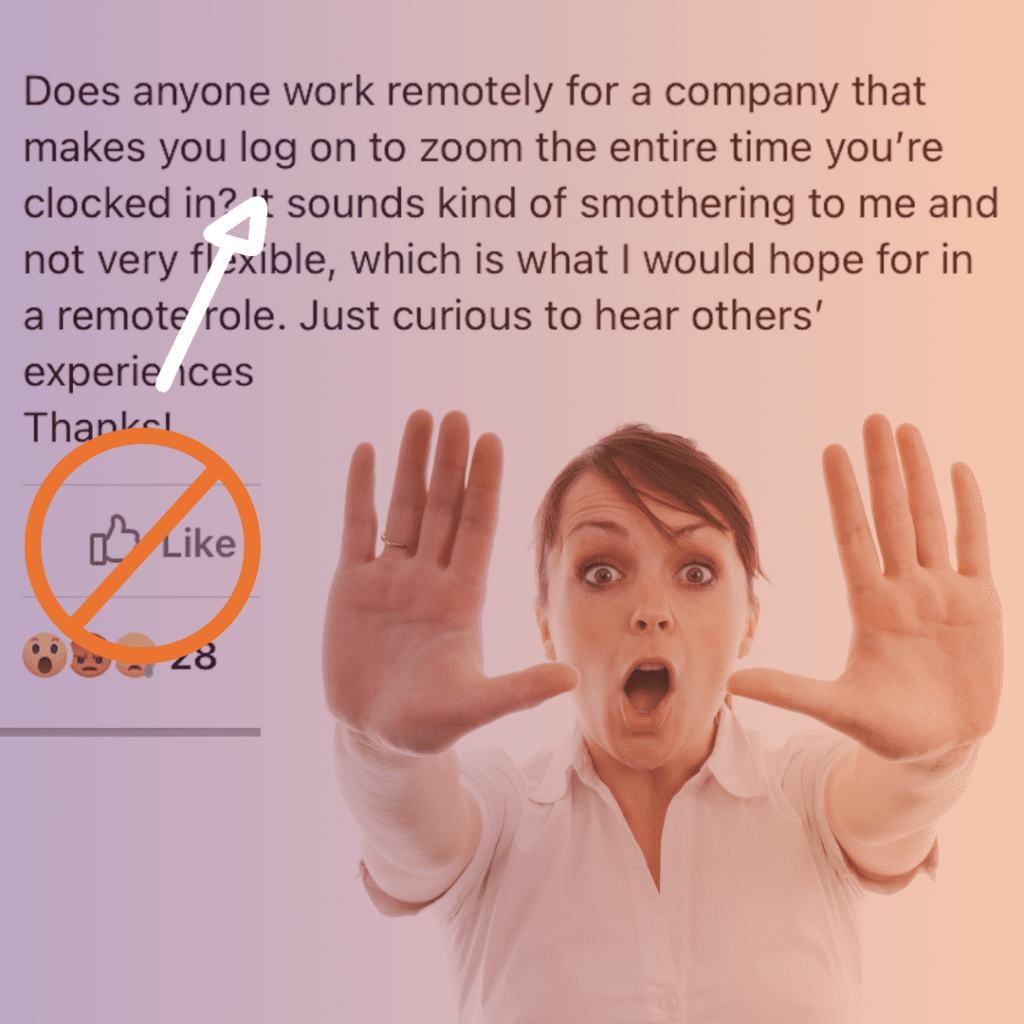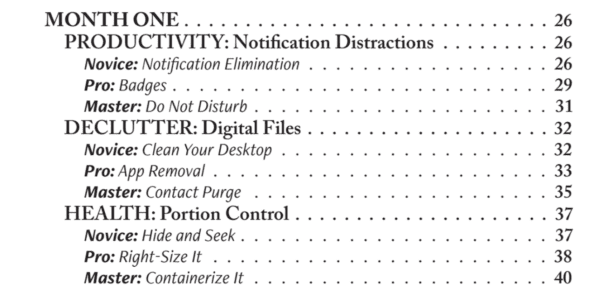Would you rather listen instead? Click here for a the 9-minute audio recording
Do you have a hard time trusting your remote employees? Are you a remote team member that feels you aren't trusted? Trust and working remotely can go together.
I've worked remotely since 2001. When I was a corporate trainer, I went into the office to conduct training. Still, I worked from home when not actively delivering. I traveled almost weekly for a decade, so working from home was a great compromise to being on the road.
When COVID hit us, and everyone quickly shifted to working from home, I was inundated with requests to train teams to work well remotely. I'd been delivering training on that topic for over a decade. I was happy to help companies move into the space.

Some of the things I heard from companies and managers shocked me. They were afraid they couldn't trust their employees to actually be working. They didn't believe they were putting in their hours. In some instances, I was speechless at what I heard and saw. One person stated that she was required to log into zoom the entire time she was clocked in. She felt smothered. I felt enraged. If you can't trust your employees to work from home, they shouldn't be working for you in the office. And really, the number of work hours is arbitrary. If they can get their work done in less time, celebrate that! Don't make them continue to sit there and surf the web!
Do you sit behind your staff and monitor their tabs? I guarantee there's some ordering from Amazon whether they're at the office or at home.
If the time of day doesn't really matter, celebrate that we all have high and low points during the day of productivity and energy and allow people to capitalize on that. Don't punish a night owl by making them start work at 8:00 am unless there's a real need. Maybe you can't give complete flexibility, but could you have a block of 4-6 hours required, like 10:00 am-3:00 pm, and any other work can be done when they're at their best?
Working from home for some is a privilege and a necessity. When people lack trust, they must be untrustworthy and not work efficiently from home.
We work more hours when remote.
Did you know that people who work from home tend to work more hours, not less? Especially during the pandemic, the increase in hours shot up to an average of two hours per day. Since there wasn't anywhere to go, we just worked more. Now that things have opened up, it is still the case and always has been for the majority of people…we work more hours when we're remote. And we're also more productive!
Why?
There aren't as many drive-by conversations or idle chats. We don't need to go across a building or another floor to go to the bathroom or refill our water. It's just a few steps. We're less likely to go out for lunch and even less likely to take a break at lunch. People eat in front of their screens more when they work from home, which isn't healthy or productive.
Remote workers feel nervous about stepping away. They're afraid if they go out for lunch (which is something they would do in a typical workplace), they may get a message during that time and ‘get caught .'
They make excuses if they can't be reactive to your Microsoft Teams or Slack chat. They don't turn it off at night because their office is right there, often going back to work after dinner or checking email one more time before bed.
For the love of kittens, please relook at your stance on trust with your remote workers. Don't create a culture of secrecy and hostility because that's what lack of trust is. If you can't trust them at home, you can't trust them in the office.
Do you need help managing well remotely? That's one of our training topics in our Work Well Remotely series, where we train managers and team members on how to work well together from home.


